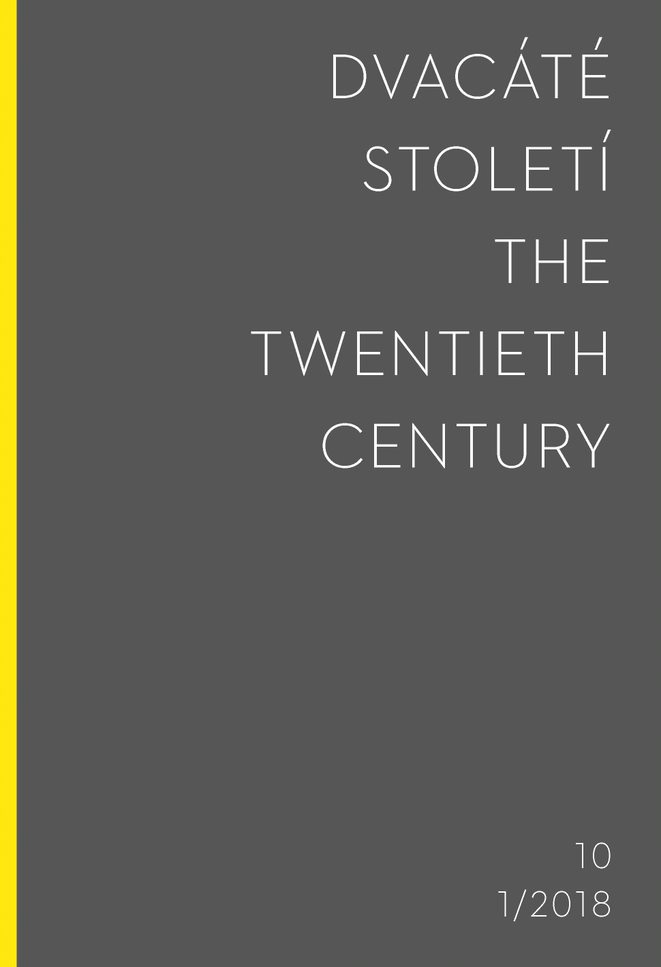K personální politice Viléma II. v německých a pruských ozbrojených silách
On Personnel Policy of Wilhelm II in German and Prussian Armed Forces
Author(s): František StellnerSubject(s): History, 19th Century, Pre-WW I & WW I (1900 -1919)
Published by: Univerzita Karlova v Praze - Filozofická fakulta, Vydavatelství
Keywords: Germany; Wilhelm II; Personnel Policy; 1888–1918; Army; Navy;
Summary/Abstract: The study analyses the influence of Wilhelm II, German Emperor on the personnel policy in thearmed forces between 1888–1918. It also describes the most crucial events in connection with thelevel of institutions of the Empire and highest Prussian institutions. The study looks for main actorsof individual appointments and examines who was instrumental in key personnel appointments.The study’s conclusions are primarily based on analysing non-published sources from the GeheimesStaatsarchiv Preussischer Kulturbesitz, Berlin-Dahlem, namely the Brandenburg-Preußisches Hausarchiv, Repositur 53, Kaiser Wilhelm II. und Familie. It is also based on reports of Austrian-Hungarian ambassadors in Berlin saved in the Haus-, Hof- und Staatsarchiv, Wien, namely Abteilung III.(Preußen). The author concludes that Wilhelm II’s personnel policy had three stages of development.At the beginning of his rule, he excitedly grasped the chance to “rejuvenate” the corps of generals ofthe armed forces and to surround himself with people who suited him — people who admired him,did not criticize him, and did not argue with him. From this perspective, he negatively influencedthe state of the armed forces because (unlike his predecessors) he focused more on subjective factorsrather than objective criteria when assessing the abilities of the members of the armed forces. After1900, the second stage began, during which the Emperor accepted suggestions for promotions. Thethird stage — the significant decline of the Emperor’s influence on the personnel policy of armedforces — started after the scandals in 1907 and after the beginning of World War I. Wilhelm II’s influence on the personnel policy of armed forces can be (similarly to his influence on foreign and internal policies) described as chaotic, unsystematic, and in some instances even destructive, whichis why he is partly responsible for the developments during World War I, including the takeover ofpolitical decisions by the leaders of the armed forces.
Journal: Dvacáté století
- Issue Year: 10/2018
- Issue No: 1
- Page Range: 22-33
- Page Count: 12
- Language: Czech

